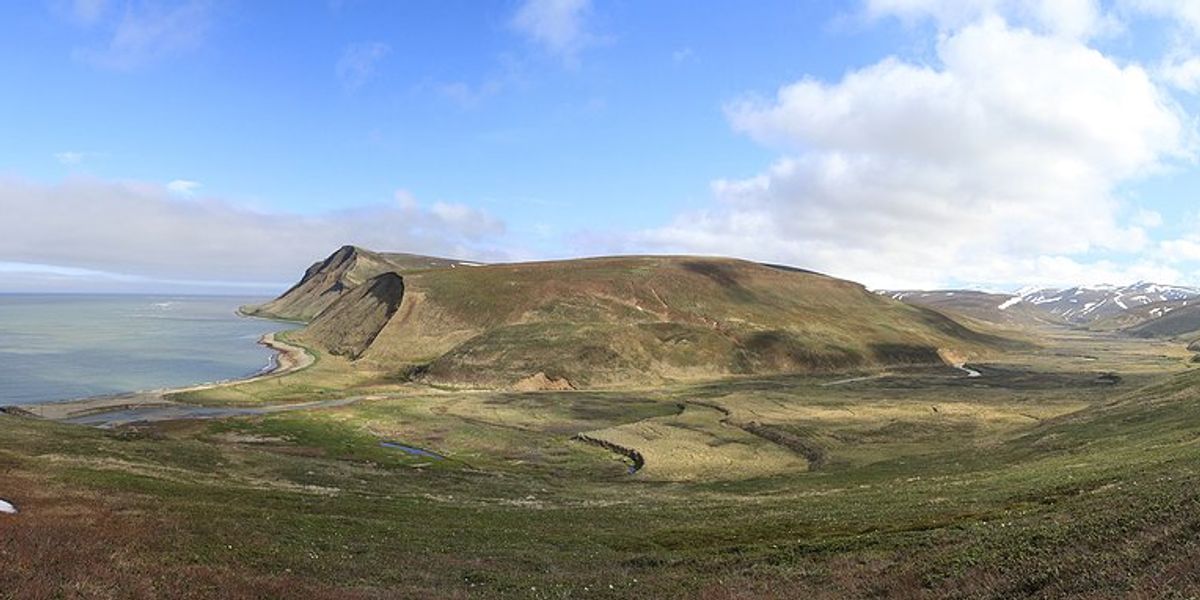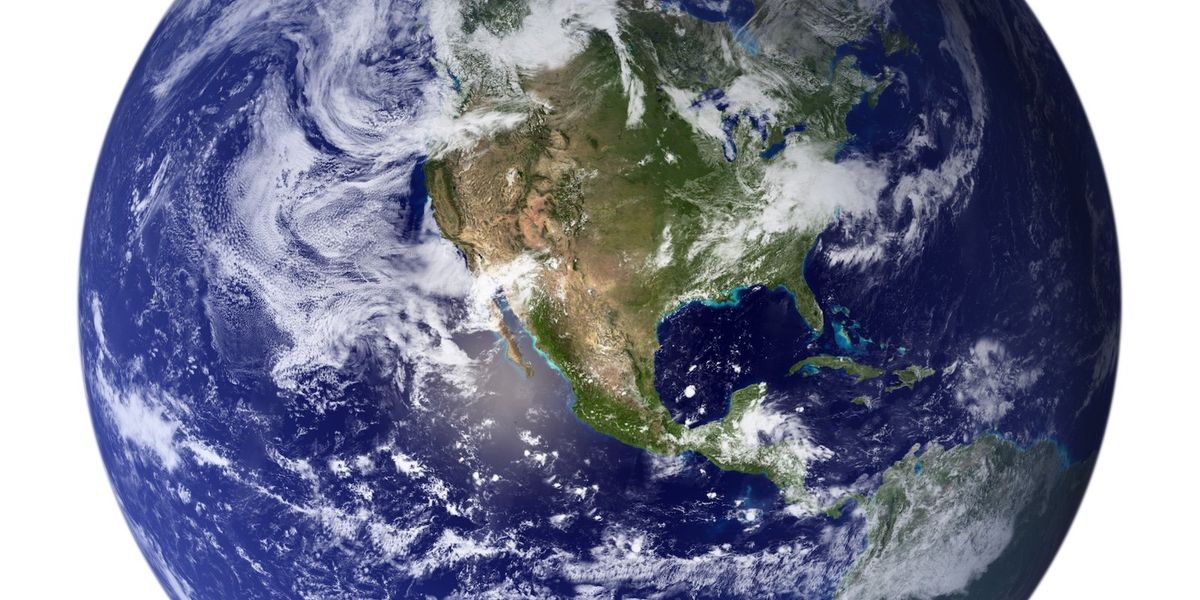mekong
China's renewable energy plans pose threats to the Mekong and Salween rivers
China's decarbonization strategy could harm farmland and transboundary rivers like the Mekong and Salween, a study warns.
In short:
- China's energy decarbonization plan aims for 2060 but could negatively impact crucial river systems and farmland.
- Hydropower expansion in the Mekong and Salween basins could exacerbate existing environmental problems, including river fragmentation and altered flood cycles.
- Alternative solutions, like reducing electricity demand and investing in emerging technologies, are essential to mitigate these impacts.
Key quote:
“If we think of any major technological change, they always have costs and unintended consequences. The sooner we realize and address them, the more sustainable and equitable the energy transition will be.”
— Stefano Galelli, associate professor, Cornell University
Why this matters:
While hydropower is often championed as a clean energy source, its implementation in these vital regions could significantly worsen existing environmental problems. The construction of dams and reservoirs along these rivers threatens to fragment river ecosystems, disrupting the natural flow and connectivity essential for maintaining biodiversity.
Vietnam rethinks water management in the Mekong Delta
Vietnam is taking significant steps to address environmental challenges in the Mekong Delta by adopting nature-based solutions to mitigate land subsidence, saltwater intrusion, and flooding.
In short:
- Vietnam's new initiatives focus on adapting infrastructure, such as dikes and dams, to work with natural flood cycles rather than against them.
- The region has seen increased international support and funding for projects that promote ecological health and sustainable agriculture.
- Local innovations, like multi-value farming systems that integrate aquaculture with crop production, are being encouraged to enhance biodiversity and economic resilience.
Key quote:
“For restoring an entire socio-environmental system like the Mekong Delta that is fundamentally threatened by human activities requires us to rethink nature-based solutions beyond the mere local restoration of vegetation.”
— Rafael Schmitt, lead scientist at Stanford University’s Natural Capital Project
Why this matters:
Studies indicate that parts of the Mekong Delta are sinking due to excessive groundwater extraction and the weight of urban structures. Coupled with rising sea levels, the scenario could lead to significant territorial loss if left unchecked. By leveraging nature-based solutions, Vietnam could pave the way for a sustainable model of development that other regions might follow.
Damming the lower Mekong, devastating the ways and means of life
The freshwater giants are dying
‘Our river was like a god': How dams and China's might imperil the Mekong
Abby Seiff: At a Cambodian lake, a climate crisis unfolds
As smog returns, China's cities issue pollution alerts
A government research center says the latest bout of air pollution has lingered because of 'unfavorable' weather conditions.


















